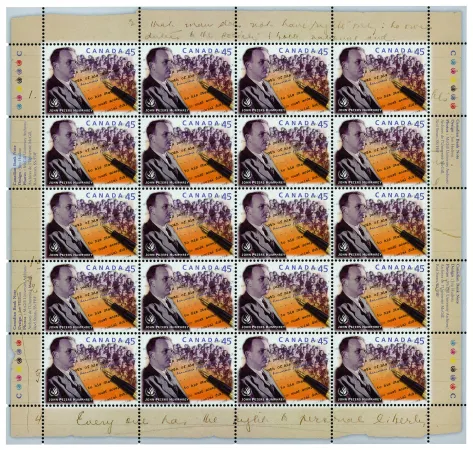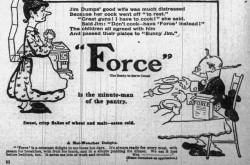Declaration of Human Rights
This article was originally written and submitted as part of a Canada 150 Project, the Innovation Storybook, to crowdsource stories of Canadian innovation with partners across Canada. The content has since been migrated to Ingenium’s Channel, a digital hub featuring curated content related to science, technology and innovation.
The precursor to peace on earth.
McGill University professor of law John Humphrey believed “there will be peace on earth when the rights of all are respected.” He backed up this profound and noble sentiment with the best attempt made so far to identify the inalienable rights of all. Professor Humphrey’s achievement is the Universal Declaration of Human Rights—a preamble and thirty brief clauses that encapsulate the rights to which each and every human being is entitled. He wrote the declaration in his capacity as first director of the United Nations division of human rights. The then-fledgling international organization adopted the Canadian’s moral and intellectual handiwork in 1948. Two-thirds of a century has passed and Humphrey’s formal statement on behalf of the world remains Canada’s greatest contribution to international law and the precursor to peace on earth.














